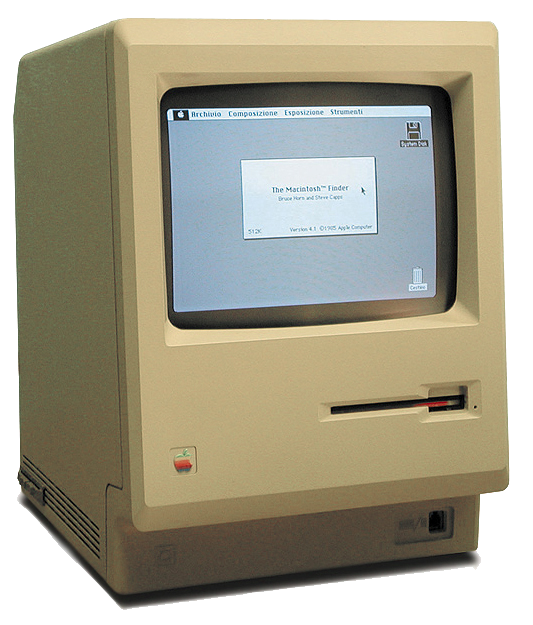
We are home in Brisbane safe and sound. Of course, all three of us are messed up with jet lag and major sleep deprivation. Will didn't sleep at all during our second flight from Singapore to Brisbane, but he did sleep from 8 am to 7 pm once we got home. Now it's 4:51 am on Thursday and Will is watching "In the Night Garden" on a DVD that we bought in England. I have been wide awake since 1:30, worrying about everything I have to do in the next three weeks (before I leave for another overseas trip). It also gives me a chance to update you about what I have been doing for the past week.
The photo above is of the harbour in Opatija, Croatia. As you can see, it is a beautiful place. In fact, I was impressed with the beauty of nearly every part of Croatia I saw on this trip, from the small villages that look like their Italian counterparts in Tuscany to the mountain ranges that have been tackled by a series of amazingly long tunnels. The tourism board advertises that Croatia is "The Way the Mediterranean Used to Be" because it is fairly undeveloped and uncrowded, compared to other parts of Europe. I did notice lots of major construction going on, however, so it is likely that Croatia will "catch up" to those places in a few years.

I skipped the last day of the conference to go on a day trip to Venice, arranged by a local tourist agency. My colleague Aarti and I took a 2-hour bus ride to the port city of Porec, where we then boarded a boat for another 3-hour trip in choppy seas to Venice. It rained for the first two hours we were there. Walking down all those narrow alleys with umbrellas was challenging. We had only six hours in the city, so I separated from Aarti to find some of my favourite spots that I had discovered on one of my previous two trips to Italy. I didn't have a map, so I became a rat in a maze, running into blind alleys and assorted dead ends. Of course, this was Venice, so being lost wasn't such a bad thing. I finally ended up at
Scuola Grande di Rocco, which is the site of Tintoretto's own "Sistine Chapel." I am a sucker for 16th Century religious paintings...Finally, after a quick 30-minute water taxi ride around the city, we boarded our boat at 5:00 for the 5-hour trip back to Opatija.
The next day I headed to London, which became an ordeal because the trip involved a long bus ride to Zagreb, two flights that connected in Frankfurt, a landing at Heathrow where I saw Air Force One parked (Bush was in London), a 45-minute ride on the London Tube from Heathrow to Victoria Station because there was no room on the airport bus that I planned to take, and then a train ride from Victoria Station to Brighton, where V. and her dad picked me up at 10 pm. The next day was spent with V.'s fam

ily and Will playing in their garden. When we began packing up the car in the afternoon, we found Will sitting in his car seat by the front door, all ready to go. If only he could carry a suitcase or two! We took a two-hour bus ride back to Heathrow, where we waited around the airport for another four hours. We finally took off for the first leg of our trip at 10 pm, arriving in Singapore 12 hours later. The Singapore airport is fantastic. We were at the newest terminal (3), which rivals any major shopping center and it includes gardens, waterfalls, a free cinema, and plenty of cafés and restaurants. Will spent a lot of time at the indoor playground with some other kids. I was excited to see the new double-decker
Airbus 380 parked at one gate. I got a few hours of sleep on the first flight, and none on the second because Will was wide awake and raring to go the whole time. It didn't help matters that Singapore Airlines likes to spend the first three hours of each flight with all the lights on so that they can serve you "dinner" in the middle of the night. Then, just after you have had time to digest your food for a few hours in the dark, they turn on all the lights again to serve you breakfast. Ugh!
But now we are back in the land of clean air, uncrowded places, and silly breakfast TV shows. I must say that I am really glad (and lucky) that we live in Australia. Sure, it's a pain to get here from anywhere else in the world, but it always feels a bit like coming back to paradise (and now, "home") when I step off the plane.












